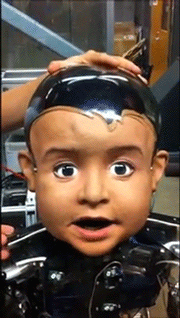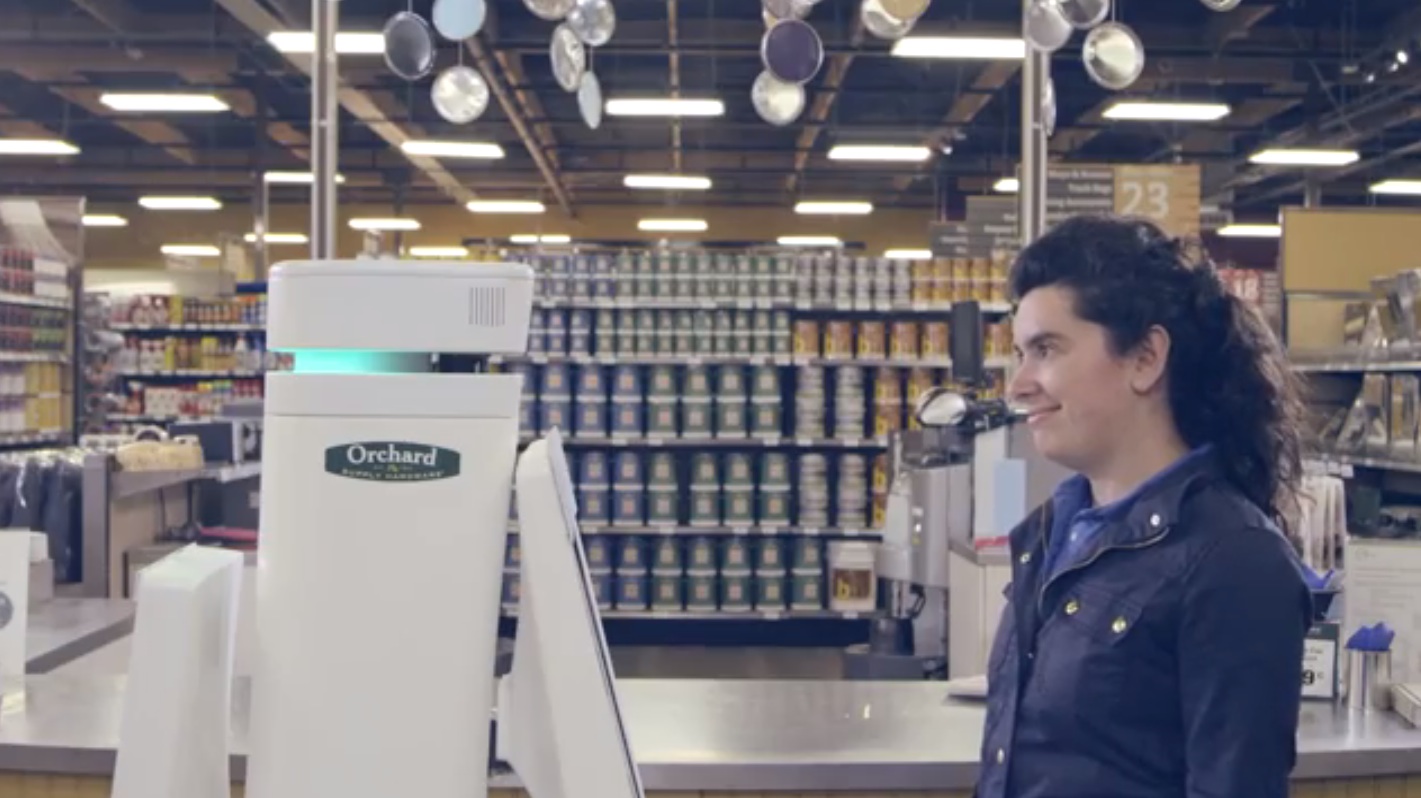Developing visual recognition in machines is helpful in performing visual tasks, of course, but this ability has the potential to unfold Artificial Intelligence in much broader and significant ways, providing AI with a context from which to more accurately “comprehend” the world. (I’m not even sure if the quotation marks in the previous sentence are necessary.)
In an interview conducted by Tom Simonite of Technology Review, Director of AI Research at Facebook’s AI research director Yann LeCun explains that exposing machines to video will hopefully enable them to learn through observation as small children do. “That’s what would allow them to acquire common sense, in the end,” he says.
An excerpt:
Question:
Babies learn a lot about the world without explicit instruction, though.
Yann LeCun:
One of the things we really want to do is get machines to acquire the very large number of facts that represent the constraints of the real world just by observing it through video or other channels. That’s what would allow them to acquire common sense, in the end. These are things that animals and babies learn in the first few months of life—you learn a ridiculously large amount about the world just by observation. There are a lot of ways that machines are currently fooled easily because they have very narrow knowledge of the world.
Question:
What progress is being made on getting software to learn by observation?
Yann LeCun:
We are very interested in the idea that a learning system should be able to predict the future. You show it a few frames of video and it tries to predict what’s going to happen next. If we can train a system to do this we think we’ll have developed techniques at the root of an unsupervised learning system. That is where, in my opinion, a lot of interesting things are likely to happen. The applications for this are not necessarily in vision—it’s a big part of our effort in making progress in AI.•


